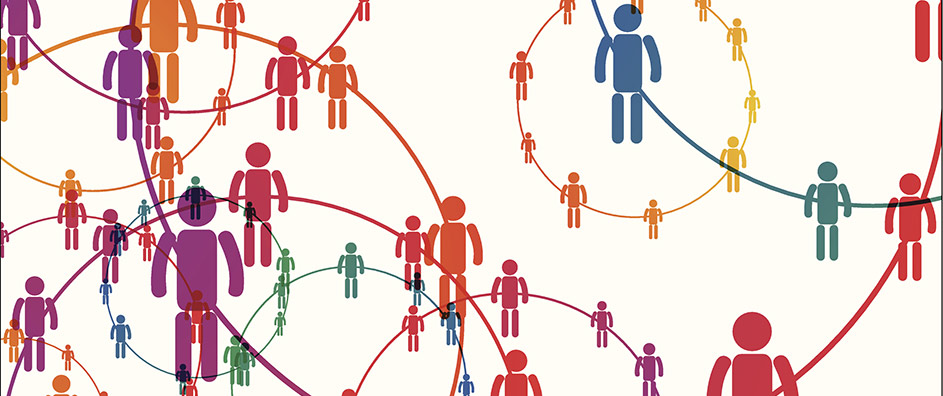The concept of a unified religious system is fundamental to Bahá’í teachings, which emphasize the oneness of humanity and the unity of all religions. This perspective invites individuals to reassess their understanding of faith and acknowledges the collective journey of humankind towards spiritual maturity. At the heart of these teachings lies the recognition that different religions, while diverse in practices and beliefs, ultimately stem from a single divine source. This unity is framed not just as a theological assertion but as a guiding principle for social transformation and global coexistence.
The Bahá’í Faith posits that religious history is a progressive unfolding of divine revelation. Each major religious figure—Moses, Jesus, Muhammad, the Báb, and Bahá’u’lláh—has contributed to a continuum of spiritual guidance, each building upon the teachings of their predecessors while addressing the needs and contexts of their respective societies. Bahá’í teachings declare that these prophets are not separate entities but rather part of a single, divine process aimed at revealing truth in stages. This notion significantly broadens the conventional understanding of religious exclusivity and invites a paradigm shift in how individuals perceive the world’s faith traditions.
One of the most compelling facets of Bahá’í teachings is the idea that humanity is on the cusp of a collective awakening to this inherent unity. This awakening is characterized by the recognition that the doctrinal differences historically used to justify division and conflict among religions are not substantive barriers, but rather, points of emphasis that reflect cultural contexts and societal needs. The Bahá’í approach encourages followers to delve deeper than superficial distinctions, urging an exploration of the fundamental truths that all faiths share.
Moreover, Bahá’í teachings advocate for an integration of spiritual and material progress. It is posited that an advanced society must not only foster ethical principles but also create systems that fulfill the material needs of its inhabitants. This dual approach reinforces the belief that true religion must promote both spiritual enlightenment and practical solutions to human challenges. For the Bahá’í community, the establishment of a unified religious framework acts as a catalyst for global harmony, as it motivates individuals and communities to work together towards the common good.
This emphasis on unity is reflected in the Bahá’í practice of world citizenship. Followers are encouraged to rise above nationalistic tendencies and embrace a global identity that transcends geographical and cultural boundaries. The Bahá’í view of diversity as a source of strength rather than division fosters an environment where mutual respect and understanding are paramount. This radical reorientation has implications for education, legislation, and community building, ultimately cultivating a culture of collaboration that is crucial in an increasingly interconnected world.
Bahá’í teachings also carry significant implications for social justice. The principle of the oneness of humanity necessitates an active engagement in the promotion of equality, particularly in regard to gender and race. Universal education, the eradication of prejudice, and economic equity are central themes within this framework. Consequently, Bahá’í principles lay the groundwork for compassionate action, encouraging individuals not only to contemplate spiritual truths but also to enact them within their communities. As a result, the practical implications of a unified religious system aim to address systemic inequalities and foster the development of cohesive societies.
Another vital element of this unified perspective is the belief in the necessity of consultation as a means of coming to collective decisions. Bahá’í teachings advocate for a consultative process that emphasizes collaboration, respect, and the synthesis of ideas. This method aims to transcend authoritarian practices that have typically characterized decision-making in various religious and secular institutions. By encouraging open dialogue, Bahá’ís believe that groups can uncover deeper insights and solutions, thereby enhancing communal bonds and fostering an environment of trust and cooperation. The transformative potential of this approach is significant, creating pathways for not only individual enlightenment but collective progression.
In striving towards a unified religious system, Bahá’í teachings present a vision for the future. This vision is predicated on the understanding that humanity is intricately connected, and individual and collective destinies are interwoven. The exploration of shared values across religions inspires curiosity and introspection, urging individuals to seek connections rather than reinforce divides. In doing so, Bahá’ís believe that societies can awaken to their higher calling—becoming vibrant communities that reflect the divine intention for unity and cooperation.
In conclusion, the premise of a unified religious system within Bahá’í teachings serves as a profound invitation for transformation. It urges believers and seekers alike to contemplate the interconnectedness of all faiths, recognizing that the essence of spirituality transcends human-made divisions. This outlook not only enriches individual lives but also holds the promise of fostering global peace and cooperation. Transitioning from a fractured perception of religion to one that embodies unity and purpose is critical for addressing the myriad challenges that humanity faces today. By embodying these principles, the Bahá’í community seeks to illuminate a path forward—a journey marked by collaboration, compassion, and a steadfast commitment to the oneness of mankind.
